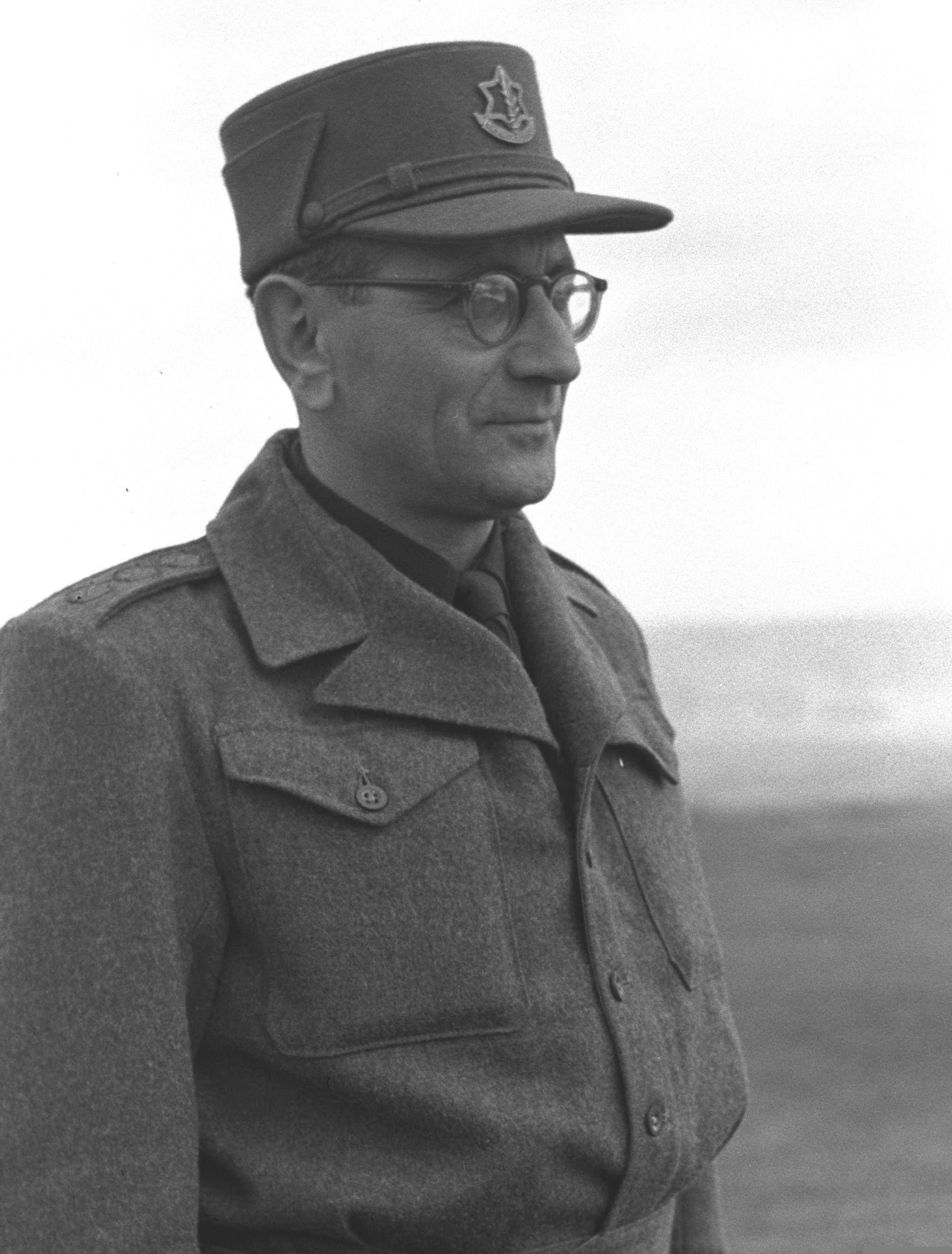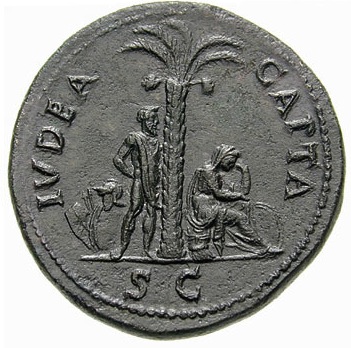|
Siege Of Jerusalem (1948)
The Battle for Jerusalem took place during the 1947–1948 civil war phase of the 1947–1949 Palestine war. It saw Jewish and Arab militias in Mandatory Palestine, and later the militaries of Israel and Transjordan, fight for control over the city of Jerusalem. Under the 1947 United Nations Partition Plan for Palestine, Jerusalem was to be a ''corpus separatum'' () administered by an international body. Fighting nevertheless immediately broke out in the city between Jewish and Arab militias, with bombings and other attacks being carried out by both sides. Beginning in February 1948, Arab militias under Abd al-Qadir al-Husayni blockaded the corridor from Tel Aviv to Jerusalem, preventing essential supplies from reaching the Jewish population. This blockade was broken in mid-April of that year by Jewish militias who carried out Operation Nachshon and Operation Maccabi. On 14 May and the following days, the Etzioni and Harel brigades, supported by Irgun troops, laun ... [...More Info...] [...Related Items...] OR: [Wikipedia] [Google] [Baidu] |
1947–1949 Palestine War
The 1948 Palestine war was fought in the territory of what had been, at the start of the war, British-ruled Mandatory Palestine. During the war, the British withdrew from Palestine, Zionism, Zionist forces conquered territory and established the State of Israel, and 1948 Palestinian expulsion and flight, over 700,000 Palestinians fled or were expelled. By the end of the war, the State of Israel had captured about 78% of former territory of the mandate, the Jordan, Kingdom of Jordan had Jordanian annexation of the West Bank, captured and later annexed the area that became the West Bank, and Egypt had Occupation of the Gaza Strip by the United Arab Republic, captured the Gaza Strip. The war formally ended with the 1949 Armistice Agreements, which established the Green Line (Israel), Green Line demarcating these territories. It was the first war of the Israeli–Palestinian conflict and the broader Arab–Israeli conflict. The war had two main phases, the first being the 1947– ... [...More Info...] [...Related Items...] OR: [Wikipedia] [Google] [Baidu] |
David Shaltiel
David Shaltiel (; 16 January 1903 – February 1969) was an Israeli military and intelligence officer, later also diplomat, and was most well known for being the district commander of the Haganah in Jerusalem during the 1948 Arab–Israeli War. Biography David Shaltiel was born on 16 January 1903 in Berlin into a Portuguese Sephardic family, the oldest son of Benjamin Sealtiel and Helene Wormser. At 16, Shaltiel joined the Zionist youth movement Blau Weiss, and he went to Palestine in 1923. However, he was not happy there, and returned to Europe in 1925. From 1925 to 1930 he was enlisted in the French Foreign Legion. In 1934 he returned to Palestine. There he started working for the Haganah, being charged with buying arms in Europe. In 1936 he was captured in Aachen, Germany, by Gestapo. Shaltiel spent the next three years in prisons/concentration camps, including Dachau and Buchenwald. When he was sent to Berlin in 1939 the Haganah succeeded in freeing him. He then went back ... [...More Info...] [...Related Items...] OR: [Wikipedia] [Google] [Baidu] |
Tel Aviv
Tel Aviv-Yafo ( or , ; ), sometimes rendered as Tel Aviv-Jaffa, and usually referred to as just Tel Aviv, is the most populous city in the Gush Dan metropolitan area of Israel. Located on the Israeli Mediterranean coastline and with a population of 495,600, it is the economic and technological center of the country and a global high tech hub. If East Jerusalem is considered part of Israel, Tel Aviv is the country's second-most-populous city, after Jerusalem; if not, Tel Aviv is the most populous city, ahead of West Jerusalem. Tel Aviv is governed by the Tel Aviv-Yafo Municipality, headed by Mayor Ron Huldai, and is home to most of Israel's foreign embassies. It is a beta+ world city and is ranked 53rd in the 2022 Global Financial Centres Index. Tel Aviv has the third- or fourth-largest economy and the largest economy per capita in the Middle East. Tel Aviv is ranked the 4th top global startup ecosystem hub. The city currently has the highest cost of living in the wor ... [...More Info...] [...Related Items...] OR: [Wikipedia] [Google] [Baidu] |
Abd Al-Qadir Al-Husayni
Abdul Qadir al-Husayni (; 1907 – 8 April 1948) was a Palestinian revolutionary and Arab nationalist guerrilla military leader. In late 1933, he founded the secret militant group known as the Organization for Holy Struggle (''Munathamat al-Jihad al-Muqaddas''), which he and Hasan Salama commanded as the Army of the Holy War (''Jaysh al-Jihad al-Muqaddas'') during the 1936–1939 Arab revolt and the 1948 war. Early life and militant career Husayni was born to the prominent and influential al-Husayni family of Jerusalem. He was the son of Musa al-Husayni.Khalidi, Walid. ''Before Their Diaspora : A Photographic History of the Palestinians, 1876-1948''. Washington, D.C.: Institute for Palestine Studies, 1991, 209. He lost his mother a year and a half after his birth. Subsequently, his grandmother took care of him and his seven other siblings, three girls, four boys. His father, Musa al-Husayni, held various senior positions in the Ottoman Empire, working in Yemen, Iraq, ... [...More Info...] [...Related Items...] OR: [Wikipedia] [Google] [Baidu] |
Corpus Separatum (Jerusalem)
''Corpus separatum'' (Latin for "Corpus separatum, separated body") was the internationalization proposal for Jerusalem and its surrounding area as part of the United Nations Partition Plan for Palestine. It was adopted by the United Nations General Assembly with a two-thirds majority in November 1947. According to the Partition Plan, the city of Jerusalem would be brought under international governance, conferring it a special status due to its shared importance for the Abrahamic religions. The legal base ("Statute") for this arrangement was to be reviewed after ten years and put to a referendum. The ''corpus separatum'' was again one of the main issues of the post-war Lausanne Conference of 1949, besides the borders of Israel and the question of the Palestinian right of return. The Partition Plan was not implemented, being firstly rejected by Palestinians, Palestinian and Arab League, other Arab leaders and then overtaken by the 1948 Arab–Israeli War, which left Jerusalem spli ... [...More Info...] [...Related Items...] OR: [Wikipedia] [Google] [Baidu] |
United Nations Partition Plan For Palestine
The United Nations Partition Plan for Palestine was a proposal by the United Nations to partition Mandatory Palestine at the end of the British Mandate. Drafted by the U.N. Special Committee on Palestine (UNSCOP) on 3 September 1947, the Plan was adopted by the UN General Assembly on 29 November 1947 as Resolution 181 (II). The resolution recommended the creation of independent but economically linked Arab and Jewish States and an extraterritorial " Special International Regime" for the city of Jerusalem and its surroundings. Galina NikitinaThe State of Israel: A Historical, Economic and Political Study / By Galina Nikitina / 1973, Progress Publishers / p. 50./ref> The Partition Plan, a four-part document attached to the resolution, provided for the termination of the Mandate; the gradual withdrawal of British armed forces by no later than 1 August 1948; and the delineation of boundaries between the two States and Jerusalem at least two months after the withdrawal, but no l ... [...More Info...] [...Related Items...] OR: [Wikipedia] [Google] [Baidu] |
Israel
Israel, officially the State of Israel, is a country in West Asia. It Borders of Israel, shares borders with Lebanon to the north, Syria to the north-east, Jordan to the east, Egypt to the south-west, and the Mediterranean Sea to the west. Israeli-occupied territories, It occupies the Occupied Palestinian territories, Palestinian territories of the West Bank in the east and the Gaza Strip in the south-west. Israel also has a small coastline on the Red Sea at its southernmost point, and part of the Dead Sea lies along its eastern border. Status of Jerusalem, Its proclaimed capital is Jerusalem, while Tel Aviv is the country's Gush Dan, largest urban area and Economy of Israel, economic center. Israel is located in a region known as the Land of Israel, synonymous with the Palestine (region), Palestine region, the Holy Land, and Canaan. In antiquity, it was home to the Canaanite civilisation followed by the History of ancient Israel and Judah, kingdoms of Israel and Judah. Situate ... [...More Info...] [...Related Items...] OR: [Wikipedia] [Google] [Baidu] |
Arab
Arabs (, , ; , , ) are an ethnic group mainly inhabiting the Arab world in West Asia and North Africa. A significant Arab diaspora is present in various parts of the world. Arabs have been in the Fertile Crescent for thousands of years. In the 9th century BCE, the Assyrians made written references to Arabs as inhabitants of the Levant, Mesopotamia, and Arabia. Throughout the Ancient Near East, Arabs established influential civilizations starting from 3000 BCE onwards, such as Dilmun, Gerrha, and Magan (civilization), Magan, playing a vital role in trade between Mesopotamia, and the History of the Mediterranean region, Mediterranean. Other prominent tribes include Midian, ʿĀd, and Thamud mentioned in the Hebrew Bible, Bible and Quran. Later, in 900 BCE, the Qedarites enjoyed close relations with the nearby Canaan#Canaanites, Canaanite and Aramaeans, Aramaean states, and their territory extended from Lower Egypt to the Southern Levant. From 1200 BCE to 110 BCE, powerful ... [...More Info...] [...Related Items...] OR: [Wikipedia] [Google] [Baidu] |
Jewish
Jews (, , ), or the Jewish people, are an ethnoreligious group and nation, originating from the Israelites of History of ancient Israel and Judah, ancient Israel and Judah. They also traditionally adhere to Judaism. Jewish ethnicity, religion, and community are highly interrelated, as Judaism is their ethnic religion, though it is not practiced by all ethnic Jews. Despite this, religious Jews regard Gerim, converts to Judaism as members of the Jewish nation, pursuant to the Conversion to Judaism, long-standing conversion process. The Israelites emerged from the pre-existing Canaanite peoples to establish Kingdom of Israel (Samaria), Israel and Kingdom of Judah, Judah in the Southern Levant during the Iron Age.John Day (Old Testament scholar), John Day (2005), ''In Search of Pre-Exilic Israel'', Bloomsbury Publishing, pp. 47.5 [48] 'In this sense, the emergence of ancient Israel is viewed not as the cause of the demise of Canaanite culture but as its upshot'. Originally, J ... [...More Info...] [...Related Items...] OR: [Wikipedia] [Google] [Baidu] |
John Bagot Glubb
Lieutenant-General Sir John Bagot Glubb, KCB, CMG, DSO, OBE, MC, KStJ, KPM (16 April 1897 – 17 March 1986), known as Glubb Pasha (; and known as Abu Hunaik by the Jordanians), was a British military officer who led and trained Transjordan's Arab Legion between 1939 and 1956 as its commanding general. During the First World War, he served in France. Glubb has been described as an "integral tool in the maintenance of British control." Early life and start of military service Glubb was born in Preston, Lancashire and educated at Cheltenham College. Glubb's father was Major-General Sir Frederic Manley Glubb, of Lancashire, who had been chief engineer in the British Second Army during the First World War; his mother was Letitia Bagot from County Roscommon. He was a brother of the racing driver Gwenda Hawkes. Glubb gained a commission in the Royal Engineers in 1915. On the Western Front of World War I, he suffered a shattered jaw. In later years, this would lead to his ... [...More Info...] [...Related Items...] OR: [Wikipedia] [Google] [Baidu] |







